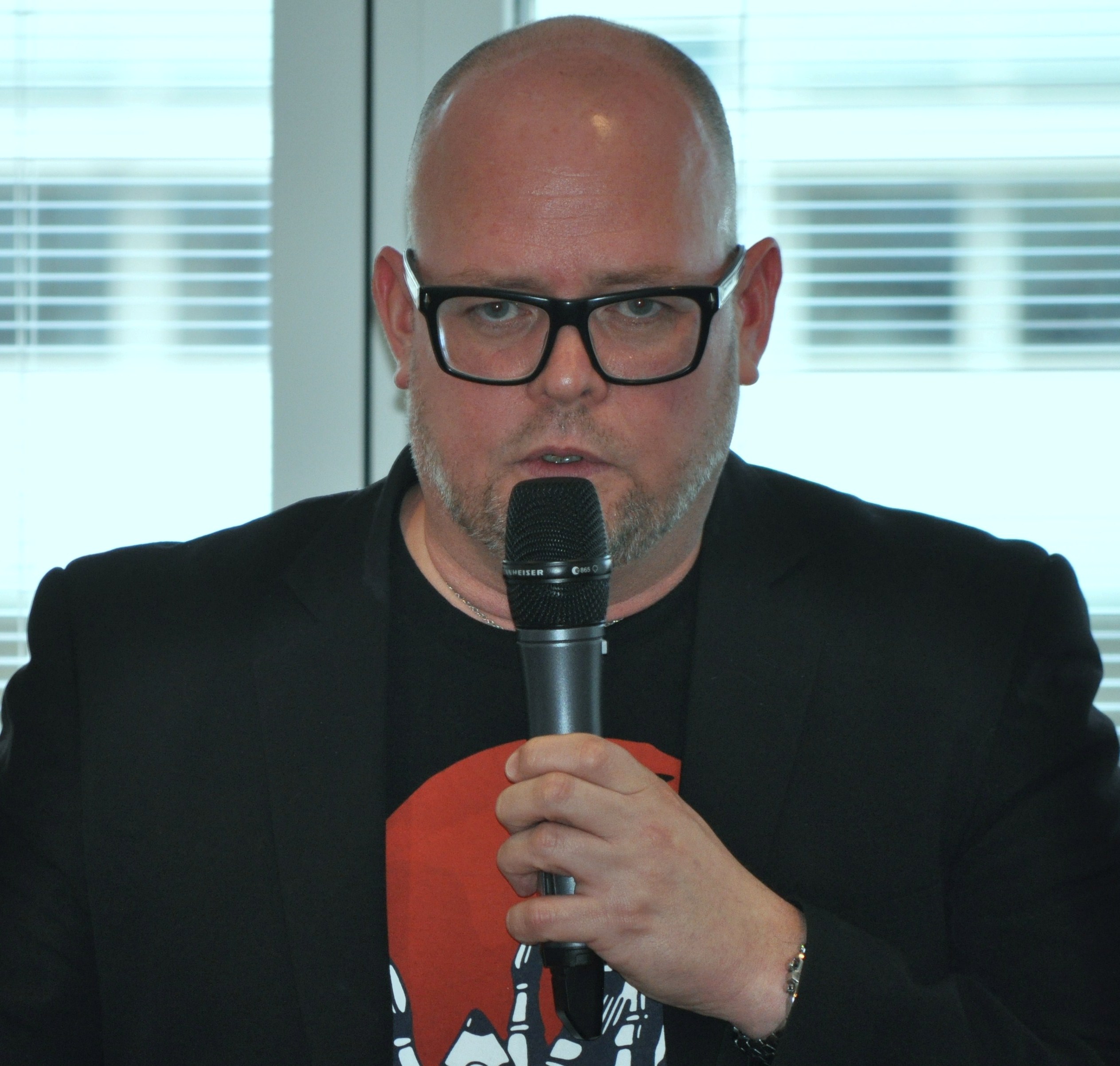Practical philosophy enriches health debate
Public debate about health and obesity tends not to be very well informed, crying out for greater knowledge of the impact of the current obsession with health on society and on the individual. How are terms like 'obesity epidemic' used in the debate, and what is meant by the claim that people are personally responsible for their own obesity? Associate Professor Morten Ebbe Juul Nielsen deploys practical philosophy to delve into this and related issues. By incorporating examples from everyday life into his contributions to the debate, lectures etc., he holds up a mirror, affording readers and listeners an opportunity to see themselves and their attitudes in a new light.

Morten Ebbe Juul Nielsen
When it comes to political questions, values and evidence often point in different directions. One effect of this is that people and groups with differing views often talk at cross purposes, adding little to the sum of knowledge of either the parties involved or the general public. Sometimes, different types of evidence even point in different directions, making the waters even muddier. What is the constructive approach under these circumstances? How do we make public debate informative and improve the knowledge of the population at large, politicians and corporate decision-makers before we make major decisions?
Morten E. Juul Nielsen’s research revolves around this question. Using practical philosophy as the launch pad, he focuses on the area of health along with fellow philosophers and colleagues from disciplines such as law, sociology, medicine, economics and public health, e.g. under the auspices of the research project Governing Obesity. Working hand in hand like this makes it possible to address topical, social issues like obesity by combining approaches from the natural sciences and health science with those of the social sciences and humanities.
According to Juul Nielsen, the health and obesity debate is not very well informed. It is mired in the collective popular obsession with health. Successive new research findings encourage public authorities to change recommendations about consumption and behaviour, which leads to greater social inequality and an unhealthy state of worry.
Inequality
Juul Nielsen sees this inequality as a result of individuals being held accountable for their own health, despite research clearly showing that human health is influenced by genetic and social factors, market mechanisms, etc.This personal accountability divides the population into the smart, healthy and responsible segment on the one hand, and the stupid, fat and irresponsible one on the other. Juul Nielsen also points out how politicians, backed by the smart and the resourceful, take political decisions about indirect taxes, etc. that force the stupid and the unhealthy to live more healthily. He discerns totalitarian tendencies in such attempts to alter the behaviour of the weak and supposedly irresponsible section of the population: a powerful element within the social elite, know-it-all health fanatics and a pliant healthcare market force a specific perception of health on everybody else. But there are huge differences concerning how we would like to live and what we are willing to sacrifice in pursuit of these health ideals.
A constant state of worry
According to Juul Nielsen, the unhealthy state of worry imposed on people by the obsession with health stigmatises individuals and makes them sick, to the detriment of their social life and of their quality of life. Paradoxically, for many people, the contemporary obsession with health lowers the quality of their lives.
Juul Nielsen uses the opportunities inherent in practical and political philosophy to explain and discuss concepts used in the debate. How do we use the term obesity epidemic, for example, and what does it mean when somebody says that people are to blame for their own obesity? What roles do social development and the market play in relation to individual free will? One of Juul Nielsen’s aims is to qualify the debate about how we, as individuals and as a society, can learn to cope better with overweight and obesity that we have no chance of avoiding anyhow.
Impact
Morten E. Juul Nielsen and his colleagues in the Governing Obesity project have gained unique insights into the obesity problem from a humanities-philosophy perspective. The project helps shed light on how the health wave affects political initiatives, perceptions of fellow human beings and of individual and political responsibility.
With his contributions to the debate in newspapers, etc., Juul Nielsen adds depth and subtlety to the debate on ethical questions concerning obesity and, in particular, the causes and consequences of the obesity epidemic. He discusses the current focus on health and concepts such as 'the good life' and 'responsibility', and questions political decision making. By incorporating examples from everyday life into the research, he holds up a mirror, affording his readers an opportunity to view themselves and their attitudes in a new light.
In collaboration with researchers at the UCPH Department of Food and Resource Economics and Novo Nordisk, Juul Nielsen has developed the e-learning program Ethics dilemma, a tool that provides users – e.g. staff in the health sector – with an opportunity to reflect on ethical issues and understand how their ethical views influence their behaviour and decisions.
Morten Ebbe Juul Nielsen gives about 25 lectures a year at venues such as folk high schools and libraries, and for NGOs like the Danish Society of Cardiology.
Further info
Article in Information, Thursday 24 September 2015: Vores sundhedsmani er blevet livskvalitetens fjende (Our health mania has become the enemy of the quality of life)
Book: Forbandede Sunddom (Damned Healthness), DreamLitt, 2015
Book: The Good, the Right, and the Fair, College Publications, 2013
E-learning programme: Ethics Dilemma, sponsored by Novo Nordisk.
Contact
Morten Ebbe Juul Nielsen
Associate Professor, PhD, Department of Media, Cognition and Communication
mejn@hum.ku.dk
